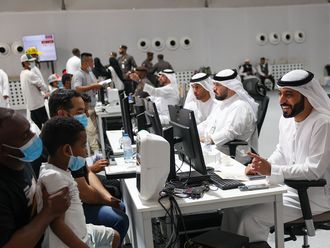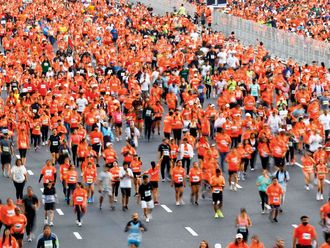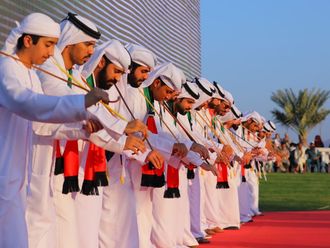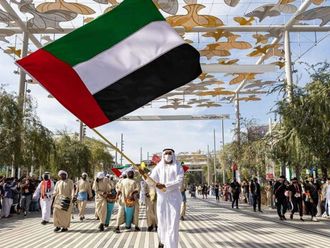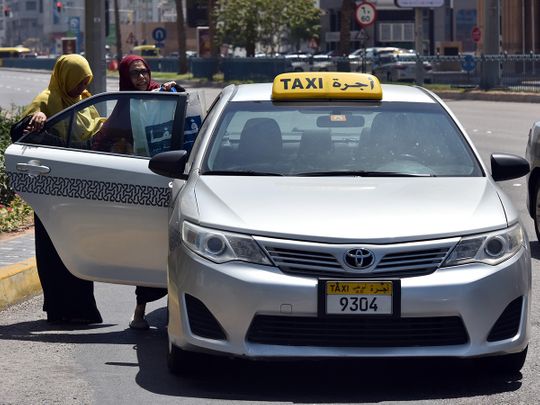
Abu Dhabi: More than 28 million passengers used Abu Dhabi Emirate’s public taxis since the start of the year, Abu Dhabi’s transport regulator has announced.
The Department of Municipalities and Transport’s Integrated Transport Centre (ITC) announced in a statement that more than 15 million trips were conducted during the same period. The trips were undertaken in 6,390 vehicles run by eight taxi operators, as well as in 1,061 limousine taxis.
Taxi improvements
The ITC added that 82 per cent of taxis — a total of 5,278 vehicles — in the emirate are now hybrid vehicles which can run on petrol as well as on natural gas.
In addition, the authority also implemented online payment systems in all taxis, which have since enabled a total of 11,363 transactions.
Bus transport
In addition to taxi services, the emirate’s public bus fleet increased to 772 buses during the first half of the year with the inclusion of 112 new vehicles. These buses undertook 21.3 million passenger trips in the first six months of 2020.
COVID-19 response
The transport regulator also adopted a number of measures in response to the coronavirus outbreak.
For instance, it has regularly sterilised all vehicles before and after each shift, and has undertaken intensive sterilisation at night after the last working shift. Plastic isolators were also installed in taxis to protect passengers and drivers, and no more than two passengers were allowed to travel in each taxi.
The ITC also cooperated with car-sharing service, ekar, to allow health care workers free vehicle rentals for a month.
Another initiative undertaken in collaboration with the Abu Dhabi Department of Health has also seen 425 trips to transport recovered COVID-19 patients from hospitals to their homes.
Meanwhile, taxis were used by retailers to offer home deliveries. Since April, a total of 3,695 deliveries have been carried out in the emirate.
A charity initiative also saw 100,000 food baskets being distributed via taxis, as the Authority of Social Contribution cooperated with the ITC to support the community through its ‘Together We Are Good’ programme.
Fees scrapped
In addition, public parking fees were scrapped between April and June to reduce the financial burden on residents, even though parking inspectors continued to ensure that there were no parking violations. The implementation of the capital’s toll gates was also delayed until the end of 2020.
Freight support
Meanwhile, the ITC continued to support freight transport, implementing truck safety procedures at its weigh-in-motion stations in Musaffah and Al Ain, which have checked 120,000 trucks between them in the first half of 2020.
Ferry services
During the same period, ferry services transported a total of 43,672 passengers and 20,051 vehicles between Jebel Al Dhanna and Dalma Island, and between Saadiyat and Al Aliah Island.



